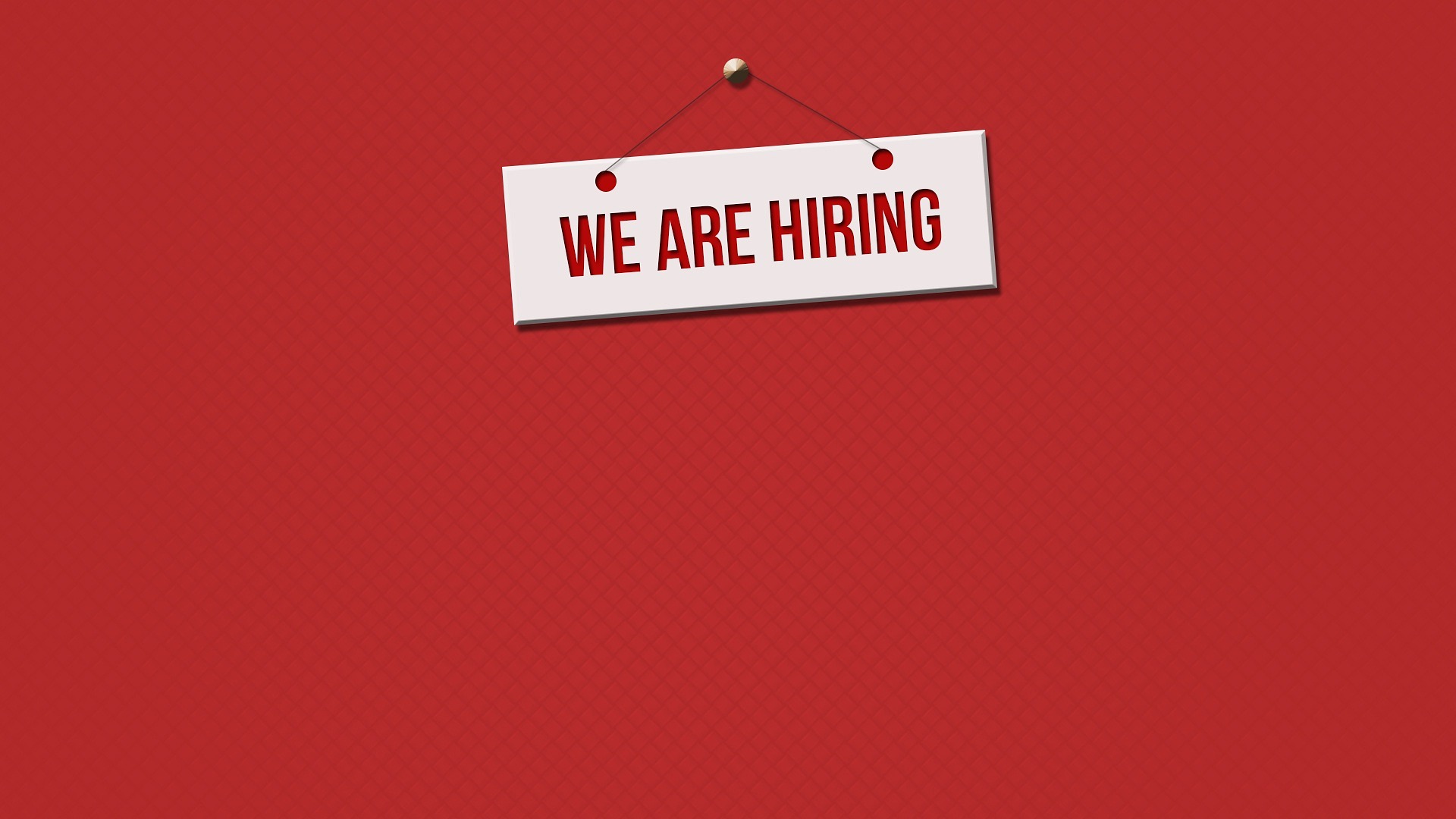Find Your Next Job

Postdoctoral Researcher To Develop Strategies To Deliver Antisense Oligos (Asos) To The Brain
Posted on Nov. 25, 2024
- Leuven, Belgium
- No Salary information.
- Full Time

Postdoctoral researcher to develop strategies to deliver antisense oligos (ASOs) to the brain
(ref. BAP-2024-728)
Laatst aangepast: 25/11/24
Groundbreaking work by Denali Therapeutics has recently shown the feasibility of ASO delivery to the brain after peripheral administration (Barker et al. 2024). Although proof of concept was generated for delivery of ASOs to the brain after peripheral administration, further research is needed to optimize:
- ASO to antibody/nanobody coupling strategies to increase production yields and obtain soluble conjugates (see e.g. (Sela et al. 2023))
- linker types to allow more efficient cargo release once taken up by the target cells;
- overall yields of the ASO in the brain;
- the half-life of the ASO in the brain;
- the diffusion of the ASO on the brain;
- the delivery to specific cell types in the brain to increase efficiency and/or safety.
LTDA has developed different blood-brain barrier (BBB) shuttling nanobodies (e.g. (Wouters et al. 2022), additional publications in preparation) and nanobodies extending the half-life of biologicals in the brain (Cuypers et al. 2024). In addition we have developed CNS-cell specific nanobodies. Nanobodies (also called VHHs) are small and highly stable, single domain antibody fragments originating from camelids. As they lack the constant domain and light chain of a classical monoclonal antibody they are much smaller resulting in an enhanced tissue penetration. In addition, this results in a shorter peripheral half-life (which can be extended easily if needed) and potentially altered brain half-life as antibody brain efflux was suggested to be constant domain mediated. Therefore, those nanobody tools will be crucial to further optimize ASO to antibody/nanobody fusions. The candidate will be involved in the optimization of the coupling method (chemistry, (non-)cleavable linkers, …) and investigating key variables (e.g. size, half-life, cell specific targeting, …) to further mature this very promising novel class of therapeutics.
References:
- Barker, Scarlett J., Mai B. Thayer, Chaeyoung Kim, David Tatarakis, Matthew J. Simon, Rebekah Dial, Lizanne Nilewski, et al. 2024. “Targeting the Transferrin Receptor to Transport Antisense Oligonucleotides across the Mammalian Blood-Brain Barrier.” Science Translational Medicine 16(760): eadi2245. doi:10.1126/scitranslmed.adi2245.
- Cuypers, Marie-Lynn, Tom Jaspers, Jarne Clerckx, Simon Leekens, Christopher Cawthorne, Guy Bormans, Frederik Cleeren, et al. 2024. “Increasing Brain Half-Life of Antibodies by Additional Binding to Myelin Oligodendrocyte Glycoprotein, a CNS Specific Protein.” doi:10.1101/2024.11.04.621218.
- Sela, Tatjana, Mads Mansø, Michel Siegel, Céline Marban-Doran, Axel Ducret, Jens Niewöhner, Jacob Ravn, et al. 2023. “Diligent Design Enables Antibody-ASO Conjugates with Optimal Pharmacokinetic Properties.” Bioconjugate Chemistry 34(11): 2096–2111. doi:10.1021/acs.bioconjchem.3c00393.
- Wouters, Yessica, Tom Jaspers, Laura Rué, Lutgarde Serneels, Bart De Strooper, and Maarten Dewilde. 2022. “VHHs as Tools for Therapeutic Protein Delivery to the Central Nervous System.” Fluids and Barriers of the CNS 19(1): 79. doi:10.1186/s12987-022-00374-4.
Website van de eenheid
Responsibilities
- Take the lead in LTDA’s efforts to further mature the ASO to brain delivery technology
- Work in a collaborative environment with a dynamic and agile team
- Support PhD thesis projects and contribute to interdisciplinary projects at LTDA
- Supervise (PhD) students and/or technicians
- Assist in grant writing for ASO related projects
- Contribute to general lab tasks
Profile
- PhD in Pharmaceutical Sciences, (bio-)medical sciences, biology, chemistry, engineering or a related field
- Excellent analytical, technical, and problem solving skills
- Strong organizational and time management skills; capable of handling multiple tasks
- Ability to work independently and as part of a team
- Excellent oral and written communication skills in English
The following is considered a plus:
- Experience in antibody and/or nanobody development
- Experience working with laboratory mice (FELASA B)
- Experience with delivery of drugs to the brain
- Good understanding of antisense oligonucleotide therapies and/or ADCs
- Strong communication skills
- Project management and effective communication skills
- Experience in supervision of students
Offer
- A strong scientific environment
- Possibility to supervise students and technicians and develop an independent research profile
- Access to state-of-the-art infrastructure
- A stimulating, diverse international research environment
- Financial support is available for at least 2 years (renewable one year contract). However, the successful candidate is encouraged to obtain a personal fellowship (Marie-Curie, HFSP, EMBO, or National funding organizations).
- Start date: as soon as possible - the position is available immediately
Interested?
Motivated candidates with a strong interest in drug delivery to the brain and with a strong commitment to translational research are invited to apply. Please complete the online application procedure and include a CV, a list of publications, a summary of past research and the contact information of 2 to 3 referees. The best-ranked candidates will be invited for an interview.
For more information please contact Prof. dr. Maarten Dewilde, tel.: +32 16 37 94 76, mail: maarten.dewilde@kuleuven.be.
KU Leuven strives for an inclusive, respectful and socially safe environment. We embrace diversity among individuals and groups as an asset. Open dialogue and differences in perspective are essential for an ambitious research and educational environment. In our commitment to equal opportunity, we recognize the consequences of historical inequalities. We do not accept any form of discrimination based on, but not limited to, gender identity and expression, sexual orientation, age, ethnic or national background, skin colour, religious and philosophical diversity, neurodivergence, employment disability, health, or socioeconomic status. For questions about accessibility or support offered, we are happy to assist you at this email address.
Heb je een vraag over de online sollicitatieprocedure? Raadpleeg onze veelgestelde vragen of stuur een e-mail naar solliciteren@kuleuven.be
av_timer Tewerkstellingspercentage: Voltijds
location_city Locatie : Leuven
timer Solliciteren tot en met:
03/01/2025 23:59 CET
bookmarks Tags: Farmaceutische en Farmacologische Wetenschappen, Bio-ingenieurswetenschappen, Geneeskunde, Biologie, Chemie
Tailor Your Resume for this Job
Share with Friends!